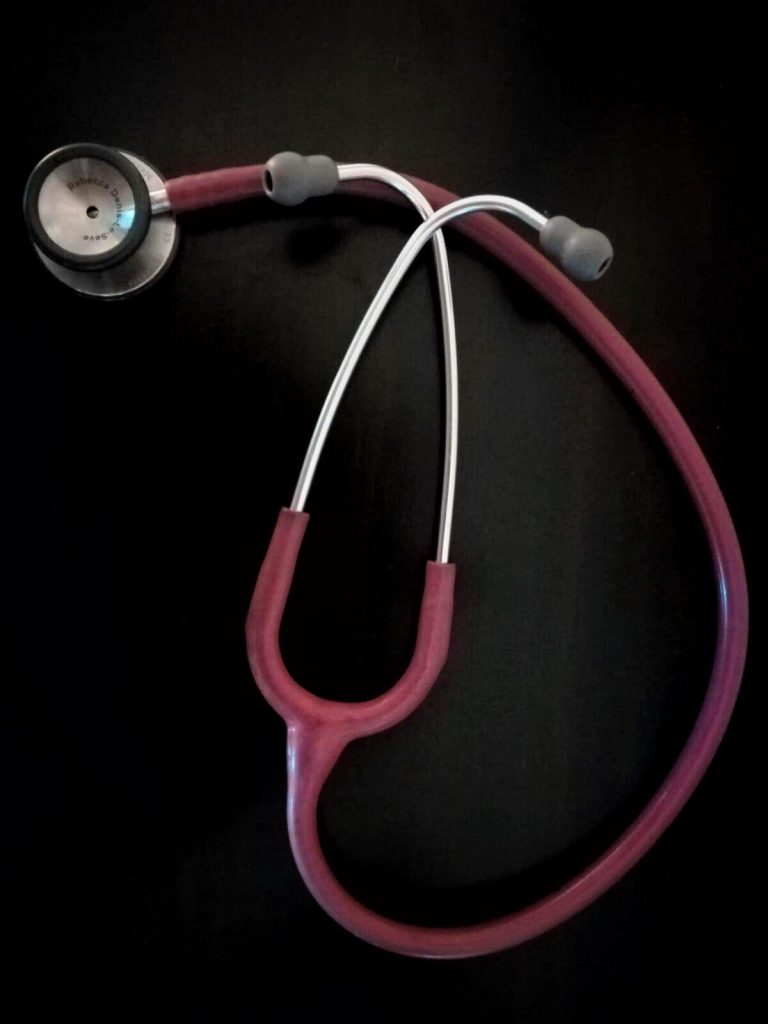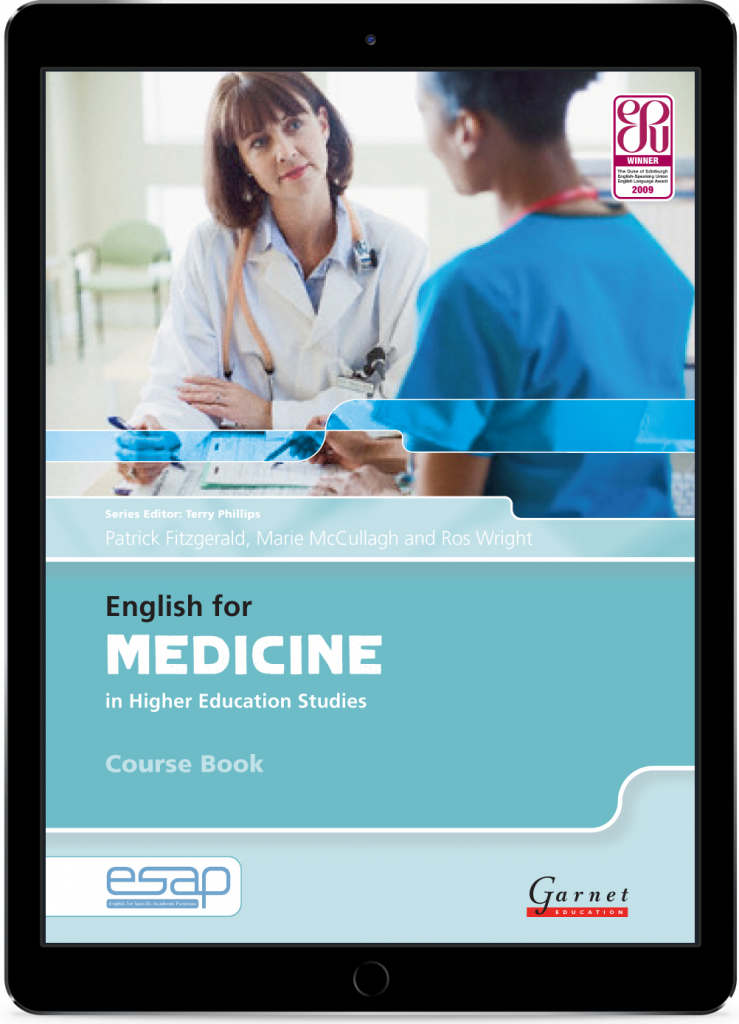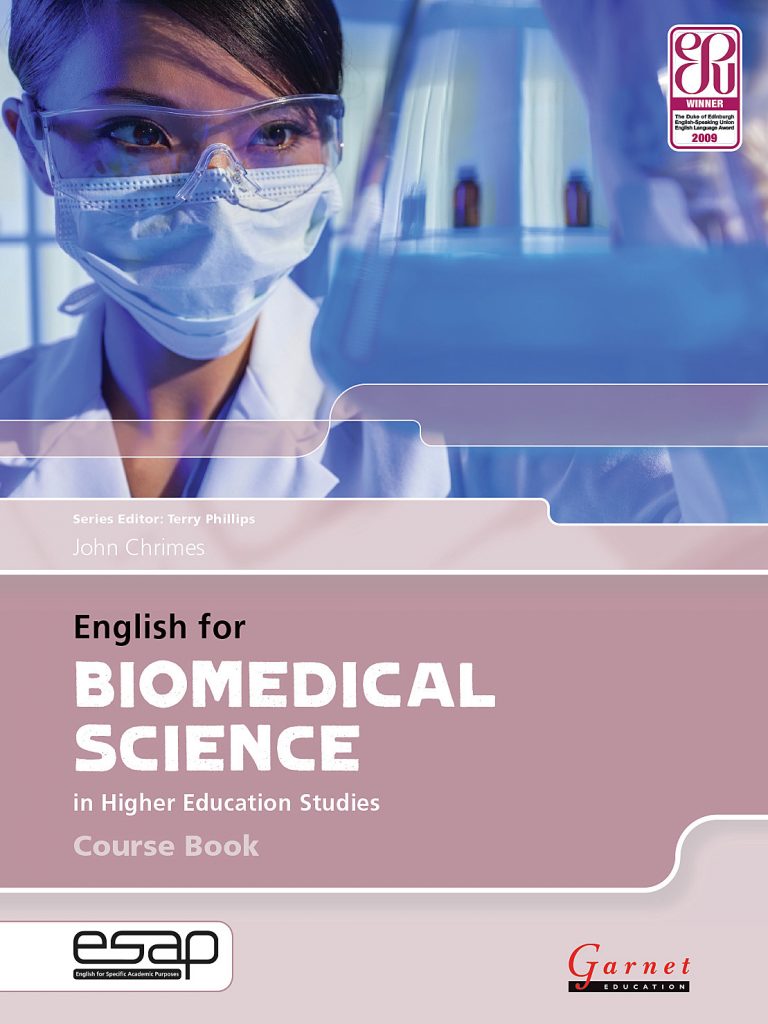
Doctor in scrubs uniform reading patient notes or medical chart
Everyone uses English differently, especially at work. Different jobs involve different levels and types of communication. We thought it would be interesting to see for ourselves. We are interviewing people across different professions to see how they use English at work.
This month we spoke to Rebecca, a junior doctor in training.
Do you have code words that you use when you are talking in front of patients?
There is limited space in the hospital wards and despite the curtains aimed to provide dignity and privacy to patients, they offer minimal sound protection. During a ward round there sometimes isn’t time to find a room to discuss patient details so often we confer within their earshot. To do this as sensitively as possible, maximising confidentiality, certain phrases or acronyms are used. For example, ‘ETOH’ refers to those we suspect have an alcohol-related condition. Bed numbers are used to discuss patients rather than their names.
We use words to help portray a condition a patient has in short, so the medical team you are talking to can get a quick understanding of what is going on. This is often required in emergency situations when there is no time to communicate in detail.
Are there any words/jargon that are specific to your trade? Did you learn them on the job? When do you use or avoid using jargon?
Many of the words used in medicine are derived from Latin, Greek and various other languages. For example, Oncology (a branch of medicine that deals with the prevention, diagnosis, and treatment of cancer) comes from the Greek word ὄγκος (ónkos), meaning ‘mass’ and the word λόγος (logos), meaning ‘study’. Oedema (a condition characterised by an excess of watery fluid collecting in the tissues of the body) comes from the Greek word oidēma, ‘to swell’.
We learn the language whilst studying the conditions at university and whilst working. I use these words when speaking to colleagues and it has become a sort of second language to me. It is a challenge to switch from this to using ‘lay terms’ in front of patients and their families. Every day in my job I must communicate clearly and simply so that patients can get the information they need.

How does the way you use English change according to who you are speaking with at work?
It varies with how well the patients are educated in their condition, their academic background, age and culture. I relate with children differently to adults (including their parents), using simple and succinct information. With elderly patients who may be hard of hearing this is also important. Sometimes writing information down or drawing diagrams and graphs aids in conveying what I want to say.
I also vary the language and words used when I talk to different colleagues, often taking a more formal approach when speaking to senior staff! I am more informal with colleagues who I work with frequently or who are at the same point in training as me.
Do you often encounter patients who are non-native English speakers? How do you communicate with them?
The NHS is a huge employer of medical professionals from both in and outside the EU, bringing a wide range of languages. This can be a challenge in time-limited, pressured situations and patience is required.
To communicate with patients whose mother tongue is not English or who cannot speak any English at all, a telecom company called Language Line is used. This company employs translators 24/7 and minimises information being lost in translation. It also helps with safeguarding vulnerable patients as the person/translator accompanying the patient in question may not give full details or the patient may not want to communicate through that person, in fear of being abused. I have been in a few situations like this where I have forwarded information to a safeguarding team.
What problems would a non-native, intermediate English speaker have if they tried to do your job?
A lot of my colleagues are in this position as the number of doctors trained in the UK does not meet public demand. Doctors are recruited from abroad and do experience difficulties due to this. Problems arise when having to convey information quickly to others in pressurised situations. They may also have difficulty (like the rest of us) in picking up certain acronyms and medical terms used in the UK. Many of the NHS staff I have worked with have been patient and understanding to those whose first language is not English. We are so grateful for the work they do! The International English Language Testing System (IELTS) is the English language exam required for people to work in the NHS.
How has your communicative style changed over the course of your career?
Working as a doctor provides new experiences daily and is a life-long learning process. I am continually in new and difficult experiences where I learn to tailor my communication skills, verbally and non-verbally. Examples include having to calm a distressed or abusive patient, break bad news or having lengthy and difficult conversations regarding a patient’s condition.
A lot of what I’ve learnt comes from being thrown in the deep end, having to respond to mistakes and constructive criticisms from other colleagues. Another aspect of training as a doctor requires us to teach other doctors and medical students. Every teaching session I do is critically appraised to help me progress.
Have you ever been involved in an incident (however minor) where miscommunication has caused a problem?
This is unfortunately a frequent occurrence when working in an environment where patients and their families can feel afraid, anxious and in a daunting situation where they might not know what is going on. It is so important to communicate well but sometimes time constraints, ward jobs and seeing to the sickest patients can lead to delayed or rushed information being provided to patients. This is common with patients having to wait in A&E and who become annoyed that they haven’t been seen to earlier. Faulty blood tests or delayed investigations can also cause frustration which needs careful and empathetic explanation.
What did you want to be when you were growing up?
A doctor, since high school! Before that I wanted to be a chef and a ballet dancer – hobbies that I still get to enjoy but are difficult to do between shifts!
What do you consider your greatest achievement?
Completion of medical school!
For more about medicine and healthcare, see:





